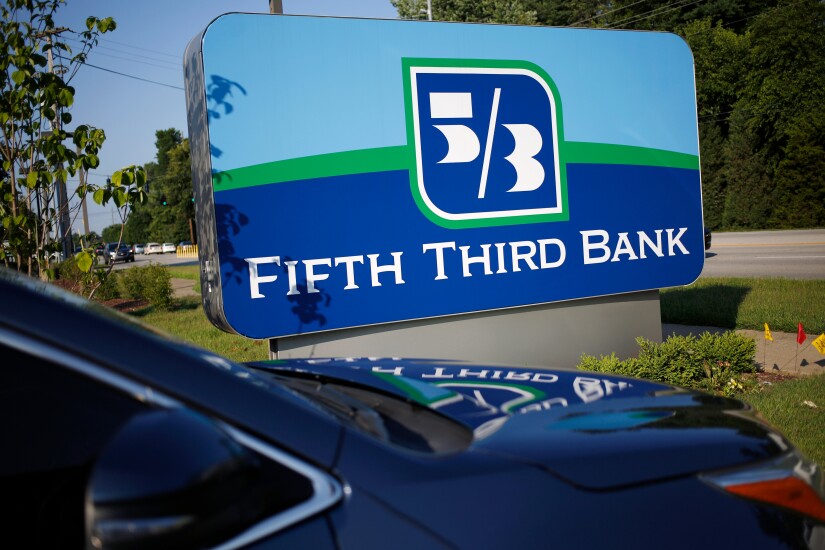Banks and fintechs are using technology to help their customers make more climate-friendly choices. They're making green loans, helping consumers understand the impact of their transactions and nudging them into more eco-conscious spending.
Climate mindfulness can be a draw to young customers in particular: According to Simon-Kucher's global sustainability study in 2021, 39% of Generation Z and 42% of millennials are willing to pay a premium for sustainability. Research and consulting firm Forrester found that Generation Z and millennials who live in cities and have college or advanced degrees are the most likely to pursue green banking products — and to make brand decisions based in part on environmental considerations about the company or product. The topic of green banking is also top of mind with the
Another motive for banks is reputation repair.
"A lot of large banks are getting flak for their investment purchases and supporting big oil," said Ariana-Michele Moore, an advisor in retail banking and payments at Aite-Novarica Group. "At the end of the day, banks are best off partnering with firms and passing along their solution."
She prefers tools that help consumers make better decisions from the outset, rather than offsetting after the fact — but those are still valuable in building awareness.
"Deposit banks are going to be interested in solutions that draw the consumer to their apps and websites, so the more functionality they can add, the better it's going to be," said Moore. "Banks are supposed to be the trusted source of information. They can help educate consumers to make better decisions."
Here are five ways banks and fintechs are using technology to help customers live more sustainable lives, as well as a look at what might be coming in the future.










